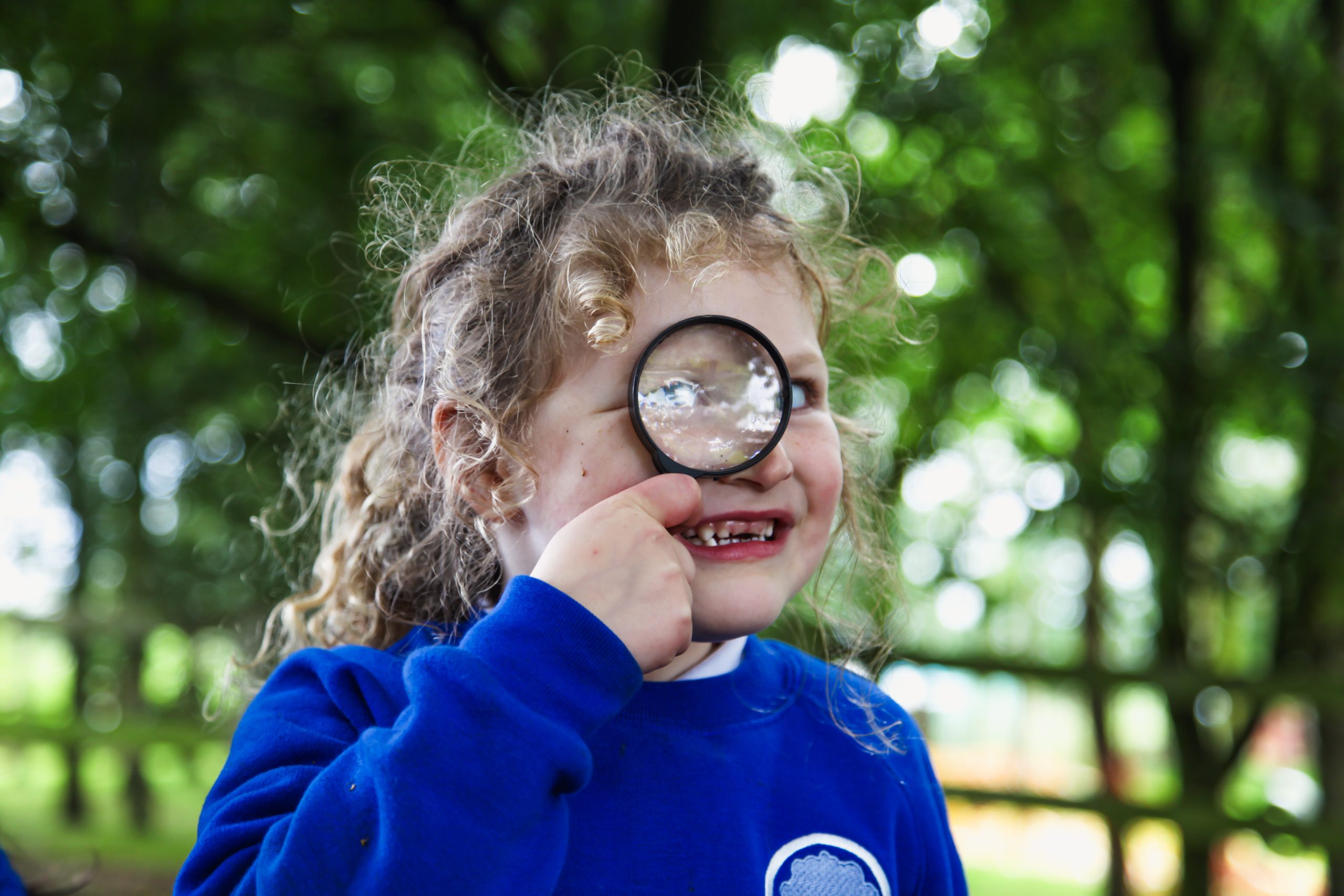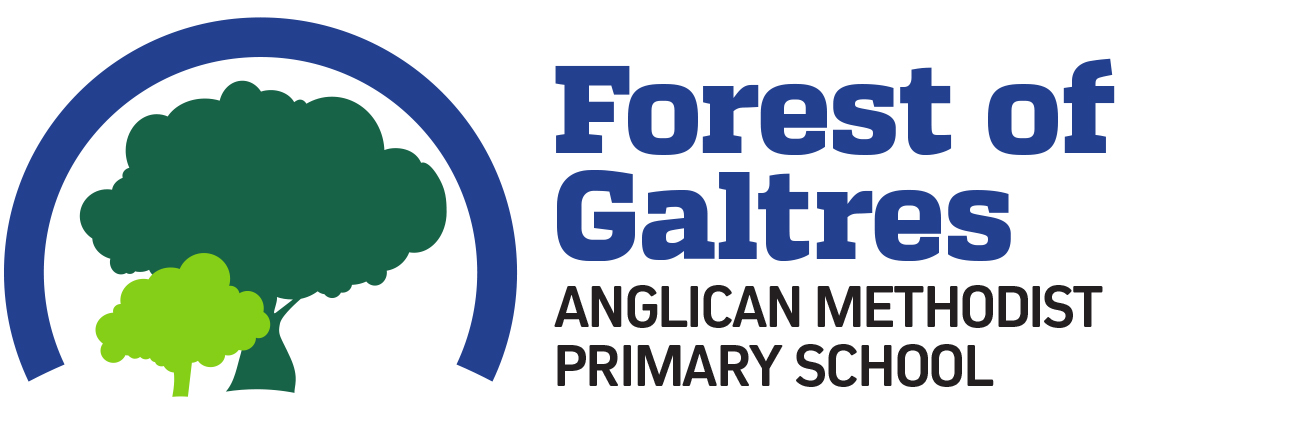Early Years Foundation Stage
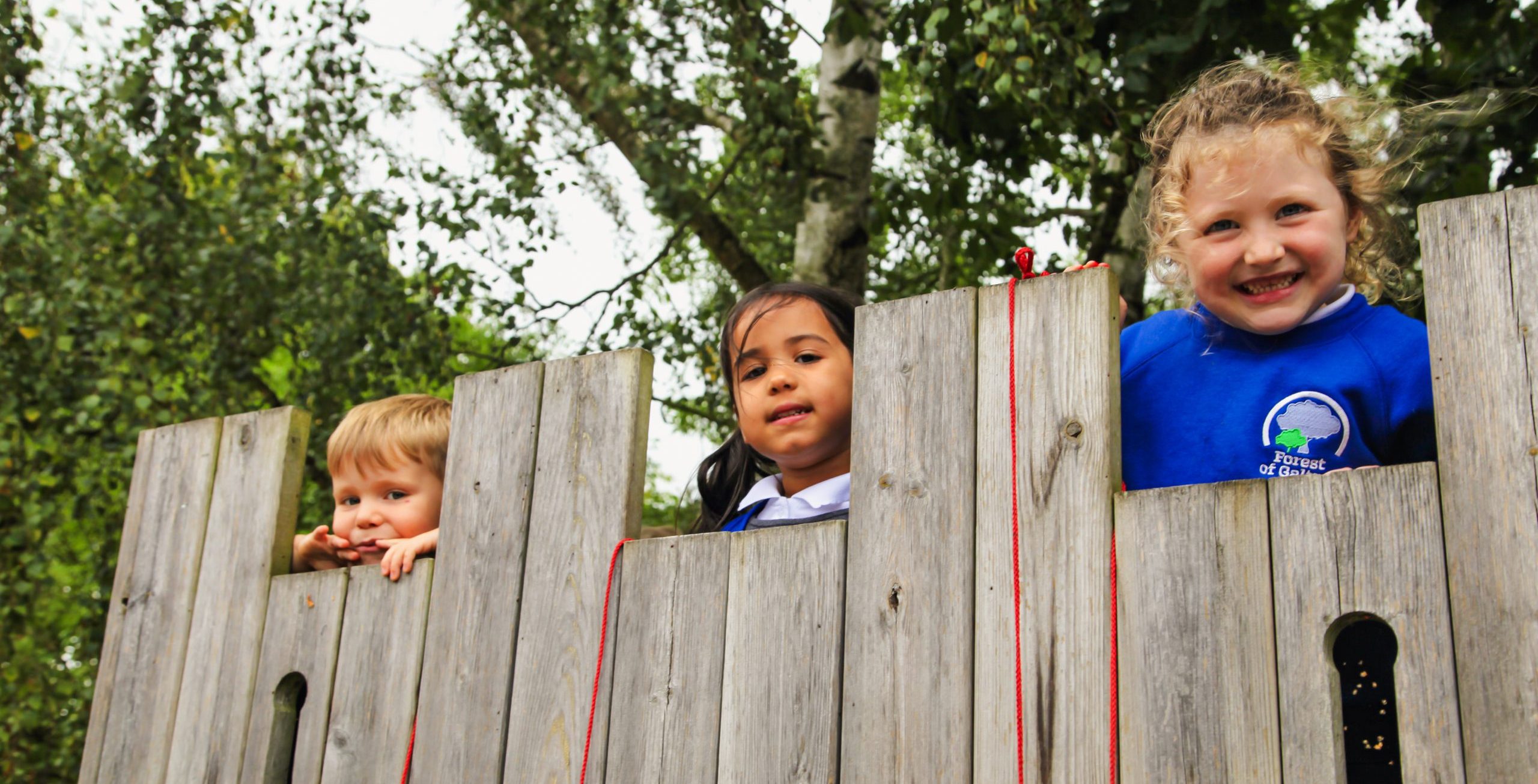
Our Curriculum
Our Early Years curriculum at Forest of Galtres Anglican Methodist School is underpinned by our school vision of being Rooted and Grounded in Love for All (Ephesians 3.17). We live this out through our values of care, collaboration, creativity, courage and Christian faith.
Our 3 key drivers
– Flourishing for All
– Diversity
– Challenge
Intent
Our Early Years curriculum is unique to Forest of Galtres, planned and developed around the specific needs of our children and our community and covers all aspects of the statutory Early Years Foundation Stage Framework (see below). It is underpinned by first-hand experience. Through this we develop self-regulated, independent learners, with an appreciation of the wider world. These are our drivers for excellence. We focus on developing identified core knowledge and skills, starting with those needed by our youngest learners, moving through to our FS2 children so that they are creative and adventurous learners fully prepared for Year One, with all the tools needed to achieve and exceed in life. In order to do this we work closely with our KS1 colleagues. We make sure that our curriculum evolves and develops alongside our children. We ensure that flexibility is built into our curriculum so that our children can follow their own interests and that their individual talents, interests and needs are always nurtured.
Link: HSLT Vision for Excellence in EYFS
Link: EYFS New Starter Meeting
Autumn 2
Link: Conkers – Autumn 2 Medium Term Plan – 2024/25
Link: Conkers – Autumn 2 Knowledge Organiser – 2024/25
Link: Acorns – Autumn 2 Medium Term Plan – 2024/25
Link: Acorns – Autumn 2 Knowledge Organiser – 2024/25
Autumn 1
Link: Conkers – Autumn 1 Medium Term Plan – 2024/25
Link: Conkers – Autumn 1 Knowledge Organiser – 2024/25
Link: Acorns – Autumn 1 Medium Term Plan – 2024/25
Link: Acorns – Autumn 1 Knowledge Organiser – 2024/25
The EYFS Framework:
- Sets the standards that all early year’s providers must meet to ensure that children learn and develop well
- Ensures children are kept healthy and safe
- Ensures that children have the knowledge and skills they need to start school
Link: EYFS Framework
The Characteristics of Effective Learning
The three characteristics of effective learning describe the behaviours children use in order to learn.
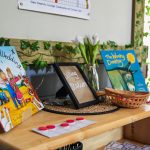 Playing and exploring – children investigate and experience things, and build the resilience to ‘have a go’
Playing and exploring – children investigate and experience things, and build the resilience to ‘have a go’
Active learning – children concentrate and keep on trying if they encounter difficulties, and enjoy achieving
Creating and thinking critically – children have and develop their own ideas, make links between ideas, and develop strategies for doing things.
The Areas of Learning and Development
The three prime areas are particularly important for building a foundation for igniting children’s curiosity and enthusiasm for learning, forming relationships, and thriving, underpinning the specific areas of learning.
The Prime areas:
Communication and Language
Personal, social and Emotional Development
Physical Development
There are four specific areas through which the prime areas are strengthened and applied.
The specific areas:
Literacy
Mathematics
Understanding the world
Expressive arts and design
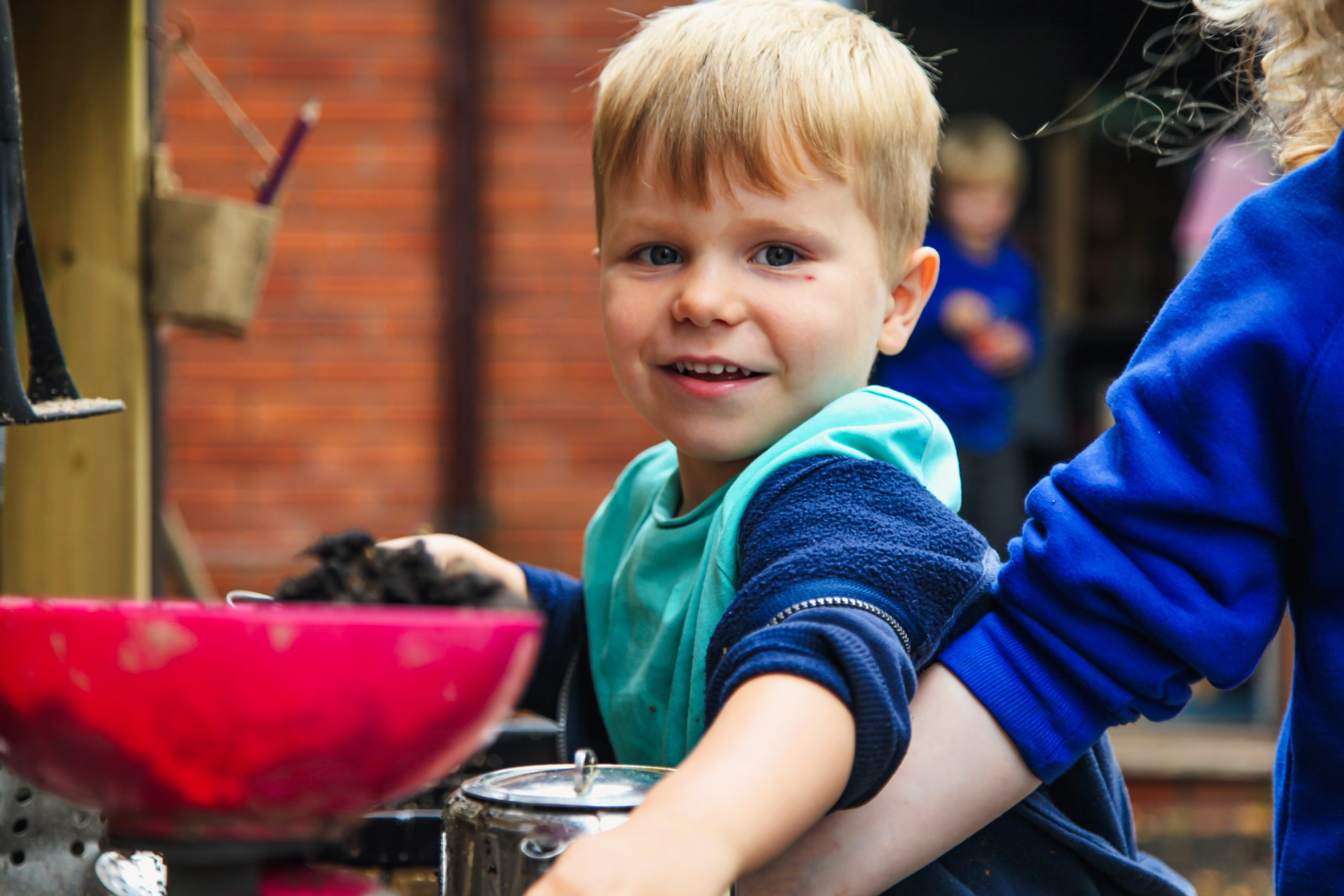
Learning to Read and Write at Forest of Galtres
Phonics is taught in Reception and KS1 through the Read Write Inc programme which is a systematic and highly effective approach used for the teaching of early reading and writing. Nursery phonics concentrates on developing children’s speaking and listening skills through their ability to respond to sounds, play with sounds, songs and rhymes. These are all important skills for listening to others, understanding questions and developing concepts of things and lays the foundations for the phonic work which starts at the beginning of Reception. This early stage of phonics, supports children in getting attuned to sounds, preparing them for hearing sounds in words (segmenting). It also prepares children with putting these sounds together (oral blending).
Please visit the Phonics page of our website for more information.
Implementation (How we do what we do)
We have two Early Years classes
Our Learning Environment
Our meticulously planned learning environment promotes nurture and calmness, is purposeful and develops children’s natural curiosity, offering progression as they grow.
We offer a beautiful learning environment that is calm, communication-rich and promotes a feeling of homeliness. This ensures our children feel safe and secure. Carefully planned progression of routines and behavioural expectations ensures that our children develop high levels of respect and care. Our outdoor area enables our children to explore, be curious and develop important gross motor skills. Our wide range of learning activities engage and inspire and provide challenge, both mentally and physically. We access our Forest Schools area weekly to build dens, pond dip, enjoy songs and stories around the campfire and to learn about nature and the world around us. We believe in offering our children first-hand experiences and opportunities to broaden their knowledge and understanding of the world through visits and visitors.
Useful Links
Statutory Framework for the Early Years Foundation Stage: This document outlines the standards for the learning, development and care of children from birth to 5 years old. All early years providers must follow the guidence within this document.
Development Matters, 2020: This document provides non-statutory guidance materials and supports practitioners in delivering a broad and balanced curriculum.
Birth to 5 Matters: This document provides additional, comprehensive guidance for EYFS practitioners, drawing on previous guidance for the Early Years Foundation Stage (EYFS) which has been updated in order to reflect recent research.
Early Years Foundation Stage Profile Handbook, 2022: This document provides guidance and advice from the Department for Education (DfE). It has been produced for schools participating in the Early Years Foundation Stage Reforms Early Adopter Year in academic year 2020/21. It helps teachers in early adopter schools make accurate judgements about each child’s attainment at the end of the Early Years Foundation Stage.
What To Expect When: The purpose of this booklet is to help you as a parent/carer find out more about how your child is learning and developing during their first five years, in relation to the EYFS.
BBC Tiny Happy People: https://www.bbc.co.uk/
50 Things to do before you’re 5: https://leeds.50thingstodo.
Book Trust – Reading with your child: https://www.booktrust.
CBeebies grown up’s: https://www.bbc.co.uk/
Early movers – activities to move: https://www.earlymovers.
Family lives – child development: https://www.
Literacy Trust – words for life: https://wordsforlife.
Bilingualism Matters – FAQ’s: http://www.
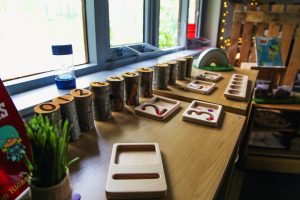
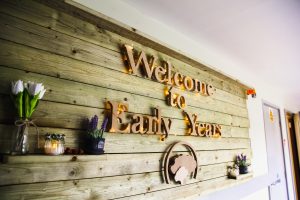
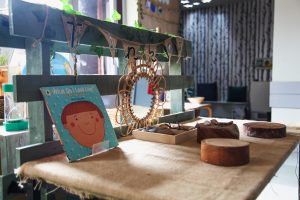
Our Adults
At Forest of Galtres we have a skilled and dedicated team of staff in Early Years who have an absolute commitment to excellence and to ensuring our children exceed expectations, and feel a genuine sense of belonging.
Our Partnerships
We communicate with our parents in a variety of ways, first and foremost in person. Our Early Years staff are on the door to greet children each morning and to say goodbye each afternoon. Our staff are committed to developing and sustaining positive relationships with our families. We use an online tool called Tapestry through which we share photographs and information about children with parents who can also contribute through the app. Our Early Years classes Tweet regularly to share the learning and experiences that are happening during the week and our termly knowledge organisers share information about the knowledge and skills the children will be learning each term, the key books, rhymes and poems we are focussing on and visits and visitors planned. Our classes have Curriculum Books that showcase the ‘beyond the curriculum’ experiences that happen, these are shared with both parents and children. We hold a variety of meetings and workshops for and with our parents about starting school, teaching and learning phonics and mathematics, book breakfasts and stay and play sessions.
Impact (The result of what we do)
The impact of our vibrant curriculum, language-rich environment combined with skilful, dedicated practitioners will be the successful development of our children as unique learners. Our children will feel valued for their uniqueness and will in turn value and show respect for diversity and differences in others. Our children will understand the importance of care and will know that this begins with themselves and extends to friends, family, community and our world. They will be creative thinkers and learners who are bold and resilient. Strong personal, social and emotional skills will enable them to engage fully in teamwork valuing all contributions, confident to talk to a range of people due to the strength of their language and vocabulary skills. Our children leave Early Years fully prepared for their transition to Key Stage One, able to remember and apply vital knowledge and skills with the motivation and resilience to flourish.
Our Outcomes
We strive to ensure that all of our children make good progress in all areas, with the ability to self-regulate, show resilience for challenges and have an appreciation for celebrating differences in diversity. We have high expectations of all children and our curriculum and provision are matched to our children’s starting points and developmental needs. Our children are set personalised and meaningful next step targets based on individual needs. These next steps ensure that we are providing differentiated learning outcomes that are holistic, culturally and experientially relevant for all children.
